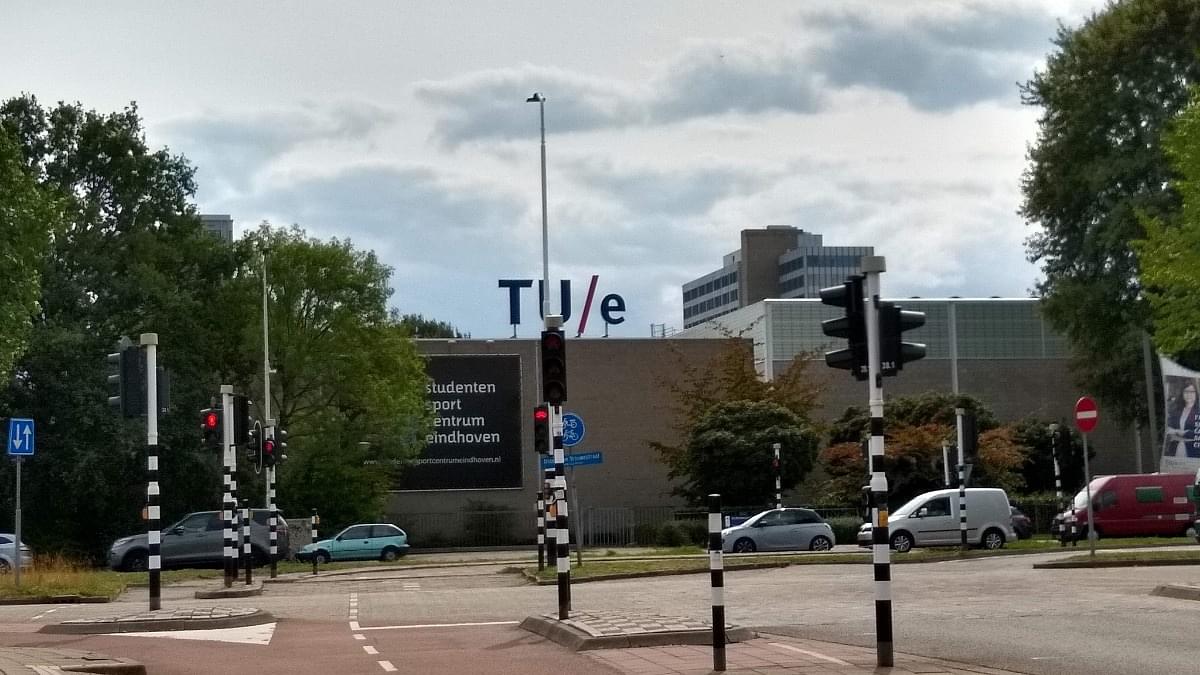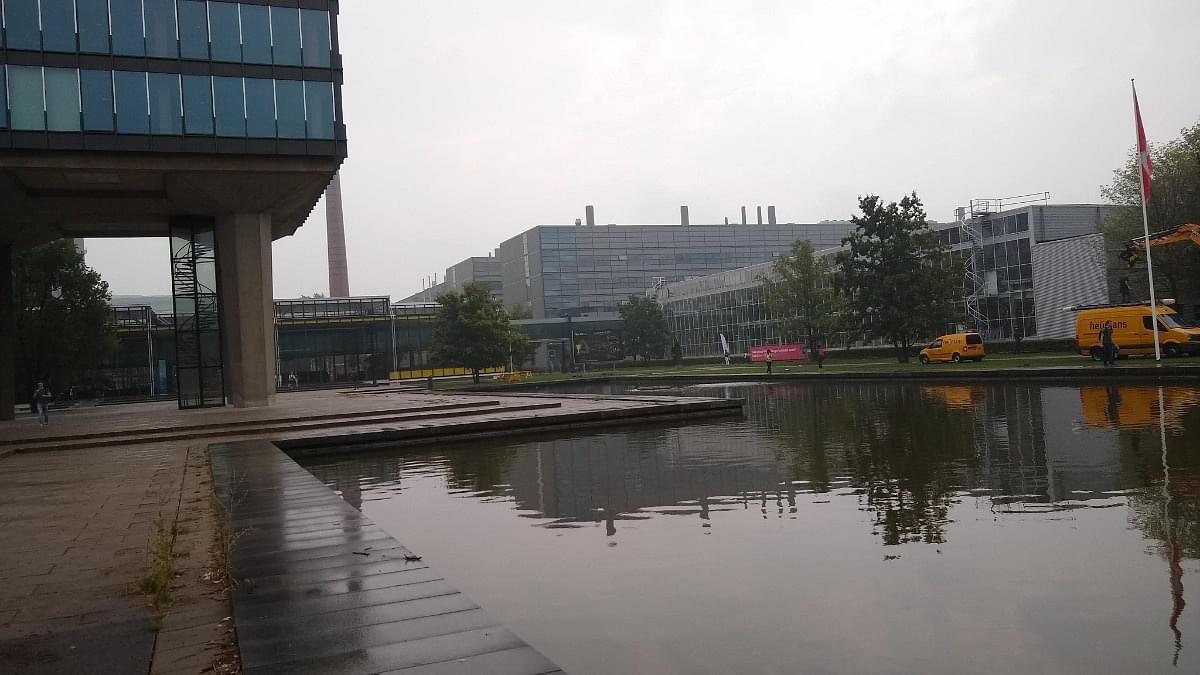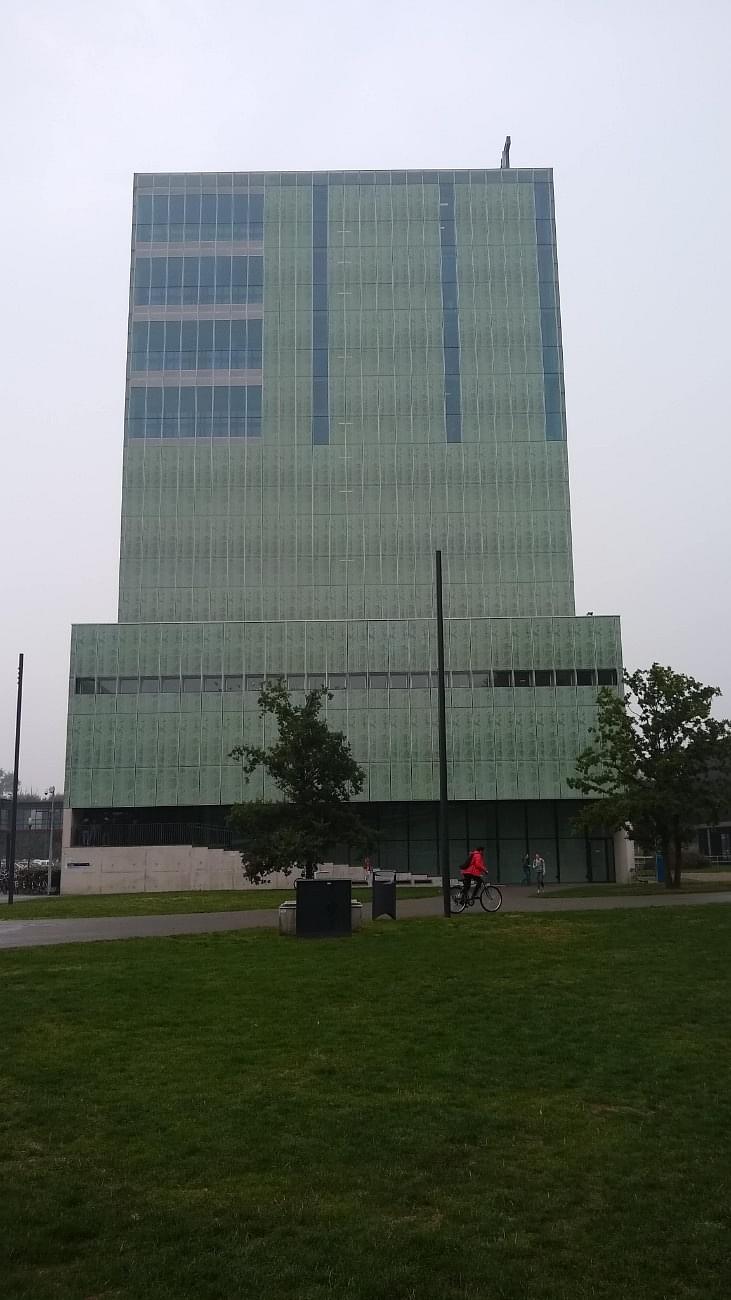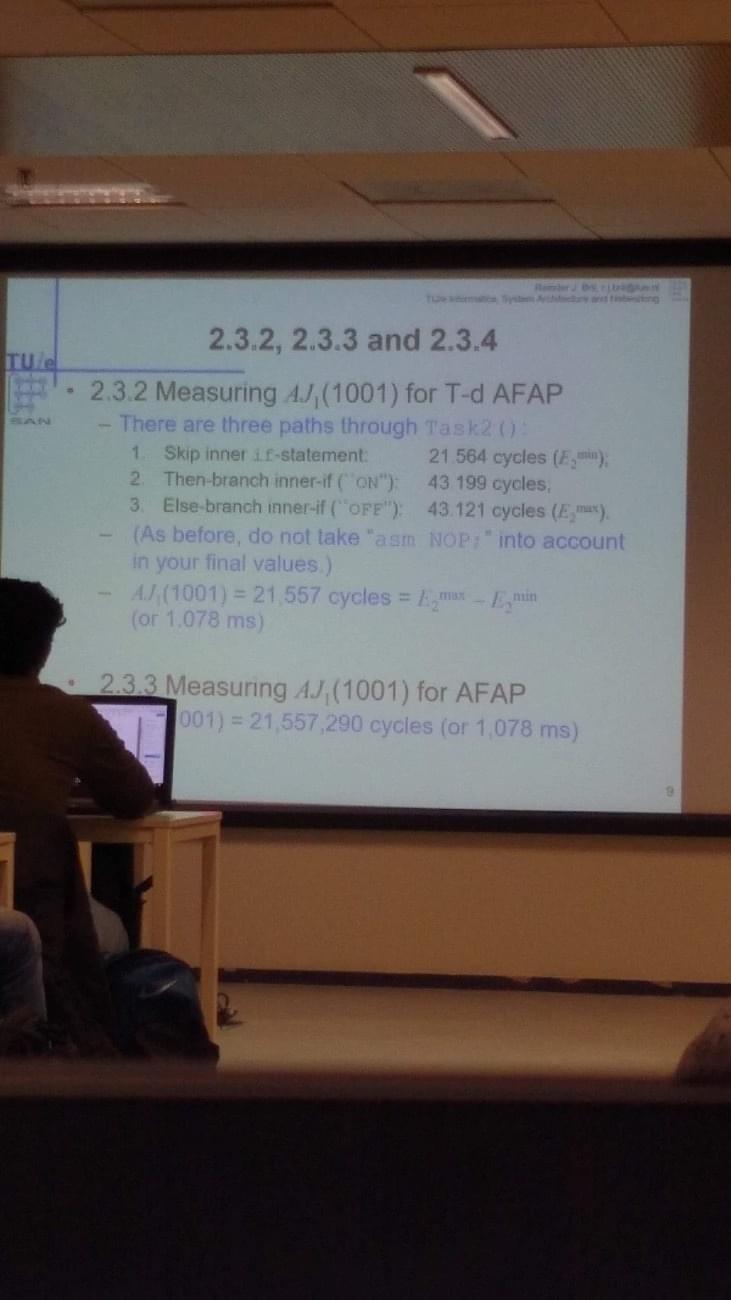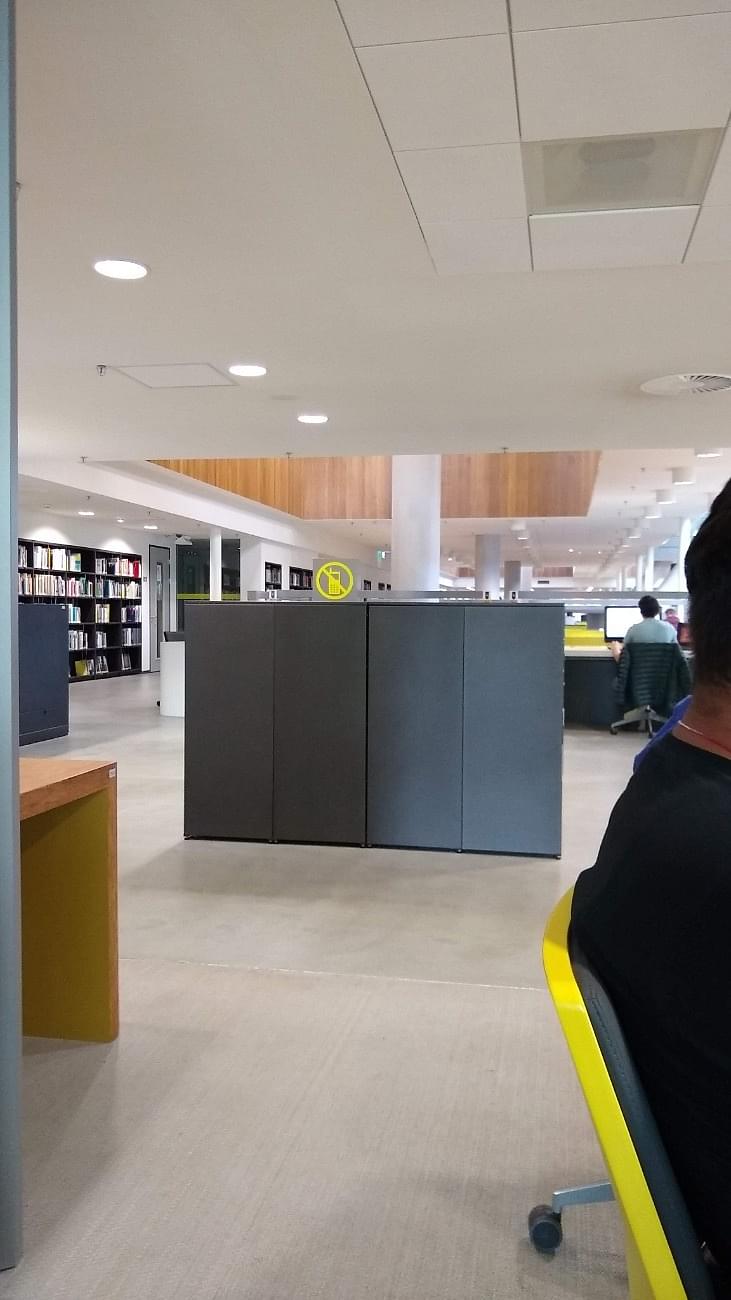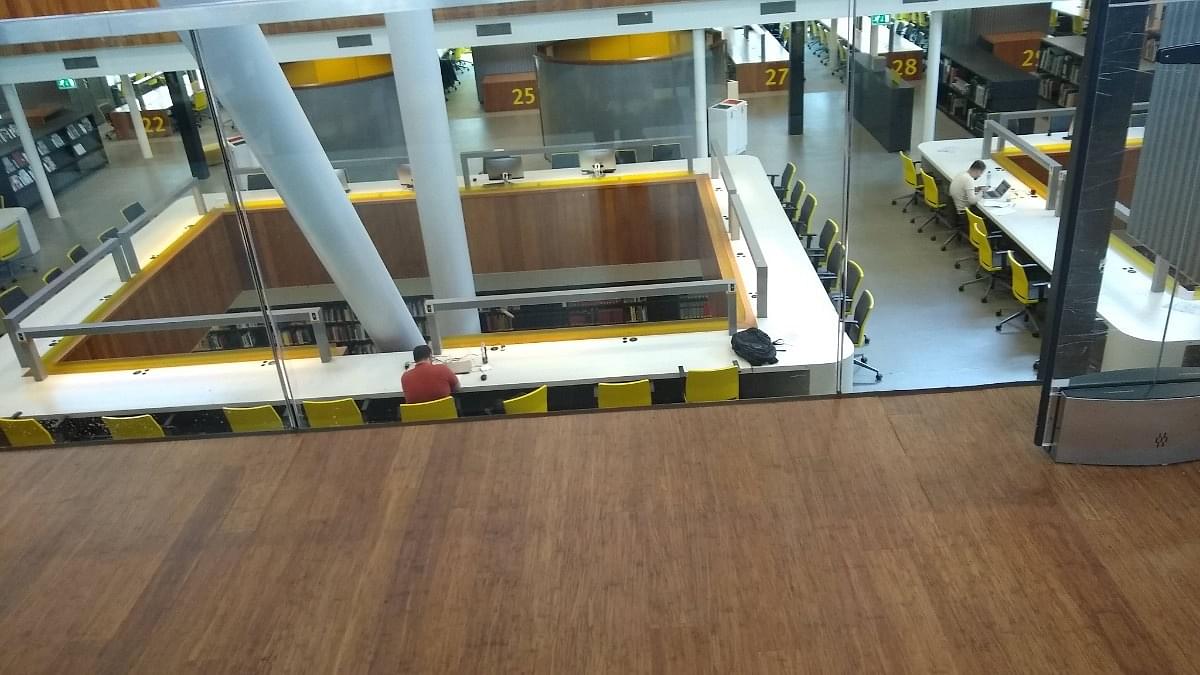What Students Say
Likes
- Open atmosphere to internationals
- Application based studies i.e strong theoretical and practical balance
- Graduates are well‑prepared to work in industry, R&D, consulting roles
Dislikes
- General professors are busy and hard to reach
- Some courses are quite intensive if no prior background
- International students outside the EU pay 10 times the fees as EU students
Course Curriculum
- Curriculum was a mix between theory and Practical application based assignments.
- For Automotive Technology, a few Core subjects were vehicle dynamics, powertrain systems, control systems, and embedded systems. Other courses were Optional. However, every year you are expected to complete 60 credit courses. That means around 20 credit courses per quarter
- For students in Automotive, there is a set of expectations about mathematics, system modelling, and systems thinking. Recommend following the Basic Control System Principle course before coming. Makes life way easier
- One major key is Time management as Multiple simultaneous courses often also have overlapping deadlines to submit assignments. These also are mandatory.
- I must say the majority of the focus is on self-study. When doing a thesis, it is expected to read various technical literature. Assignments are also highly recommended to be completed individually, as it helps in the understanding of any course.
- 33 to 40 students per course are enrolled. Around 12 to 15 Indian students per batch in Automotive Technology. However, In my year it was higher, up to 25 Indian students.
Admission Experience
- I applied to
- KTH Royal Stockholm and TU Eindhoven
- TU Eindhoven
- KTH Royal Stockholm, Sweden
- KTH Royal had a requirement for a higher number of credits (not grade) in Mathematics in B.Tech, which most universities lacked at that time. Many of my friends from B.Tech applied and were rejected for the same reason. This was mostly the case in universities in Sweden.
- The reason for this was the strong technical history of the university, open culture, and no hierarchy between professors and students.
- It starts with an application that requires a CV, Grades from B.Tech, and a Motivation Letter to be submitted
- IELTS was excluded if the B.Tech was in English. The main criterion at that time was that the CGPA in B.Tech shall be 7 and above.
- The admission process was not too difficult.
- TU/e primarily offers admissions for the September intake for most MSc programs, including Automotive Technology—there’s typically no February intake.
- The fall semester includes foundational core courses, making it ideal to start from the beginning of the structured 2-year track.
- Approximately 8-14 weeks from the time of submission of the form.
Faculty
- The faculty-to-student ratio is relatively favourable, around 1:15 to 1:20 in the Automotive Technology program. Professors are approachable via email and during office hours, but students are expected to take initiative.
- Pre-reading and class discussion, Practical labs and simulations, Project-based assessments, problem-solving, combining mechanical, electrical, and software skills
- Yes, especially for roles in R&D, technical consulting, and automotive innovation. Professors don’t directly place students into jobs, but some have strong industry ties and collaborate on certain projects. They can recommend students.
- Professor Henk Nijmijer, (Now retired), Professor Igo Besselink are my favourites.
Campus Life
- TU/e has one main campus located right in the heart of Eindhoven, which makes it really convenient.
- The library is great for studying. It’s quiet, and there are rooms you can book if you’re working with a group. During exams, it stays open late, and it’s one of the best places to focus. I also joined the sports centre—they have everything from gym and swimming to badminton, football, and yoga. It’s pretty cheap for students and totally worth it if you like staying active or trying new things.
- Intro Week was my favourite at the start. It’s this fun orientation week with parties, games, and lots of new people to meet. There’s a career fair every year where you can talk to companies like ASML and NXP. It's helpful even if you're just looking around.
- TU/e also has some really cool student teams. I’m not in one, but I’ve seen what they do. There’s a team building race cars (URE), another working on solar cars (TU/ecomotive), and even a hydrogen car team (InMotion). If you're into hands-on stuff.
Part Time Jobs
- Some students do get roles like Teaching Assistant (TA), Research Assistant (RA), or Departmental Assistant (DA), but they’re usually given to students who are already in their second year, doing well academically, or working closely with professors on projects. These positions aren’t openly posted, so it really helps if you’re proactive and reach out to professors directly.
- Between €10 and €14 per hour
- Helping out at the library, working in cafés, and assisting during open days as a student ambassador. The wage is 10 to 12 euros per hour
- As a non-EU student, I’m allowed to work up to 16 hours per week during the semester and full-time during the summer (June, July, August), but only if the employer gets a work permit (TWV) for me. This is something many companies hesitate to do, especially for small part-time jobs.
- Most off-campus jobs require Dutch, and not many employers are willing to go through the process of getting a work permit for a part-time position. So unless you speak the language or have some strong connections, it can be tough.
- 10 to 14 euros per hour. They can apply in indian restaurant as a dishwasher or cook, etc. Delivery jobs—like working for Thuisbezorgd (the Dutch version of Swiggy/Zomato). Generally it is not very difficult until you are applying for a research field. They will ask the following: Ask about your availability. Check if you speak a bit of Dutch (for some roles). Want to know if you already have a BSN number and Dutch bank account
Placement
- About 50–70% of students secure a job within six months. €45,000–60,000 per year
- Internships & Thesis Projects: These often lead directly to job offers when companies like ASML, Philips, and Linkedin, Networking, Career events.
- ASML, Philips, DAF Trucks, NXP Semiconductors, Tesla, TNO, Uber, Prodrive, Vanderlande, Nexperia, Nike, Ebusco, Fastned, ABN Amro
Accommodation
- I chose an off-campus accommodation, as TU/e has limited on-campus housing options, and most students live in private rental housing or in shared accommodation.
- I used a combination of online platforms and student networks: Some examples of websites which can be helpful are : HousingAnywhere, Kamernet, Pararius, TU/e’s official housing partners - Vestide and SSH, Facebook groups (e.g., "Indians in Eindhoven", "TU/e Housing 2025 Intake")
- Eindhoven is struggling with a housing shortage, especially rentals, due to certain laws for landlords. Hence spots fill up very fast (especially during summer here in July–August).
- Main things which people should be aware of is there are various fake listings on Facebook—always verify landlord identity and never send money without a contract. Do not send any payment or give your bank details.
- For housing agencies like SSH and Vestide and H2S, they generally offer lottery-based schemes; hence, spots are not guaranteed for everyone.
- My recommendation would be to start the search early, perhaps in April/May/June. Sometimes you need to pay a month or two of rent even though you are not living there; there; just take it. Use verified sources and avoid sending money through social media without contracts. Be open to temporary accommodation for 1–2 months and search again after arrival.
- My accommodation was 3.3 km from TU Eindhoven. Generally, students stay within 5-6km radius of the University
Exams
- TU Eindhoven not have any criteria for Entrance / Admission Exams
- Degree Transcript that includes grades and number of credits earned
- Bachelor’s Diploma or Degree Certificate. If not yet received, a letter from University stating you have completed your degree might also work
- SOP (Statement of Purpose), this shall include why we are interested in a particular course / education.
- CV/Resume
- LOR (Letters of Recommendation)—This can be from your work or academic
- IELTS exam result - This was optional for me, as my education was in english so I was exempted
- Passport Copy
- Application form and Proof of payment
Fees
- No Hostel facilities, so accommodation had to be arranged by ourselves, which varied between 400 and 600 euros per month, including Gas/ Water/Electricity at that time.
- Per-year fees were 16000 euros at the time
- Approximately 100-150 euros per month, excluding Rent as indicated above.
- Some other expenses vary, like hobbies, parties, lifestyle choices, or events. This may be an additional 75-100 euros per month
Scholarship
- There was a scholarship facility; I am not sure of the name now. Eligibility criteria were the same as application criteria, so everyone was eligible when you submitted a form
- A complete waiver of tuition fees and, additionally, 500 euros per month was given for living expenses. 3 to 4 per stream, I think, got the scholarship.


